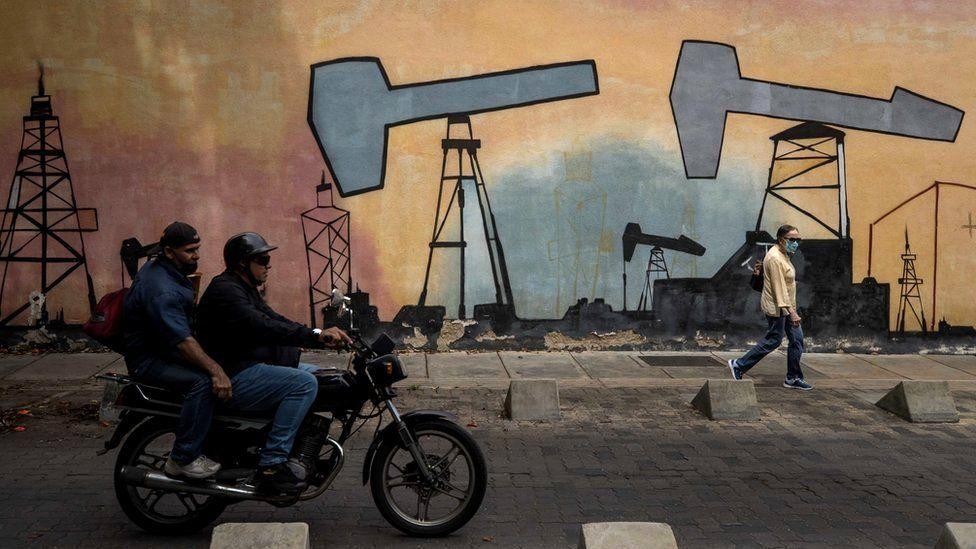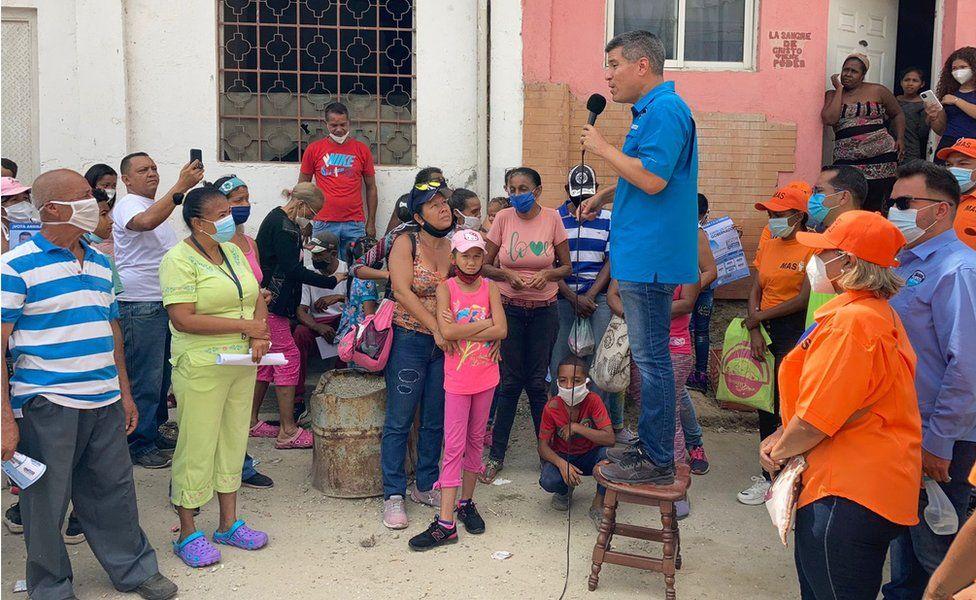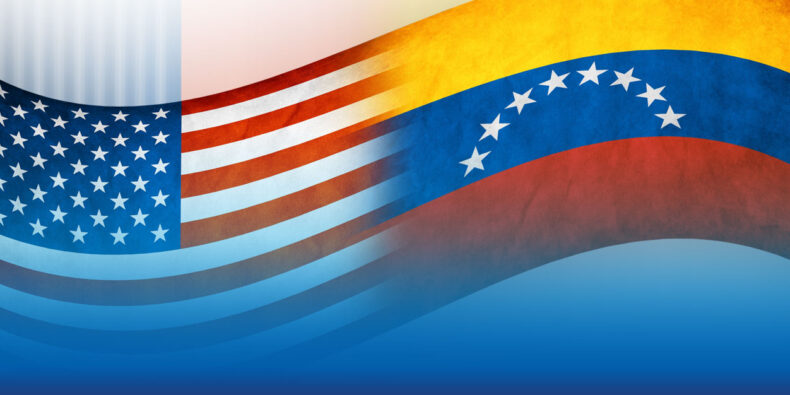It’s been several years since the US and Venezuela saw eye to eye.

But this past week it has shown that, after the first high level discussions between US and Venezuelan officials in years, the relationship could be blossoming or at least starting to nurture a potential for cooperation.
The two nations are moving in a new path. Due to President Nicolás Maduro’s subpar record on democracy and human rights, Washington has recently imposed sanctions on Venezuela’s oil industry. A $15 million (£11 million) reward has been placed on Mr. Maduro’s head after he was indicted in the US on allegations of narco-terrorism, drug trafficking, and corruption.
In response, President Maduro accuses the US of intimidation and colonialism as well as of seeking to meddle irrationally in Venezuela’s domestic affairs.
Mutual Advantages
It’s hardly a cosy reconciliation. We need to take drastic steps since the situation is dire. The world depends on oil to function, and Venezuela has a lot of it. When the world is in trouble, as it is now due to the Russian oil export blockade that has caused prices to soar, politicians reminisce about their unpleasant connections.
Professor Margarita López Maya, a political historian, claims that “oil is everything in Venezuela.” “Bringing in a capable ambassador [to Venezuela] to support the government and secure that oil” was one of the first things the US did during World War II.
There’s no question a more favourable relationship with Venezuela would be in its own right beneficial. Mr. Maduro is trying to lift sanctions, and last week the President, a man known for his willingness to criticise the US, offered an olive branch on state television.
Flying flags of friendship
“At the meeting in Caracas last weekend, the two flags of the United States and Venezuela were there, and they looked really nice, and they were united as they should be,” said President Maduro. “There is a new opportunity ahead of us.” My meeting with you was courteous, friendly and very diplomatic. It is a time for diplomacy, truth and peace.”
In fact, Mr. Maduro stated that he was prepared to resume discussions with the Venezuelan opposition, which were being held in Mexico. In addition, two US citizens who had been imprisoned in Venezuela were freed a few days after the US-Caracas summit.
Overall, things are looking well, but where will this warming of tensions take us?
In an interview with Venezuelan consultancy Datanalisis, CEO Luis Leon Vicente explained that for some time there were arguments in the US Government as to why oil sanctions had made no sense after all of these years and their aim hadn’t been achieved. “It was clear from the beginning of the conflict with Ukraine that the policy of oil sanctions had placed it in a difficult position.”
On the streets of Caracas, doubts obstruct optimism

These discussions are seen as a marriage of convenience by many. But this is just the beginning, and it’s a complicated relationship. Maria Eugenia Farina, a store owner in Caracas says, “The two sides are hypocrites and I don’t trust anyone. It is a feeling shared by many in Venezuela, who have given up on politicians of all stripes who can pull the country out of its crisis.
However, other people are more willing to give these discussions a chance. “Is this a positive thing for me?” Yeah, ’cause if Venezuela’s going to go bankrupt, somebody has to pay for it,” Ana Pérez from Caracas tells me. “We’re not strong enough.” There’s a possibility that things will improve if sanctions are lifted.”
In the past it was able to produce about 3 million barrels of oil a day. It’s just below a million at this point. A great deal of investment would be needed to achieve any growth in output, and there would also have to be a loosening of the sanctions. According to experts, the only possible solution in the immediate term is the Middle East.













